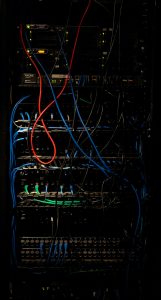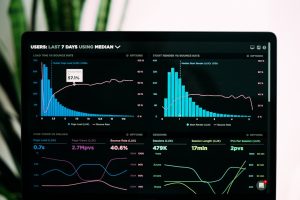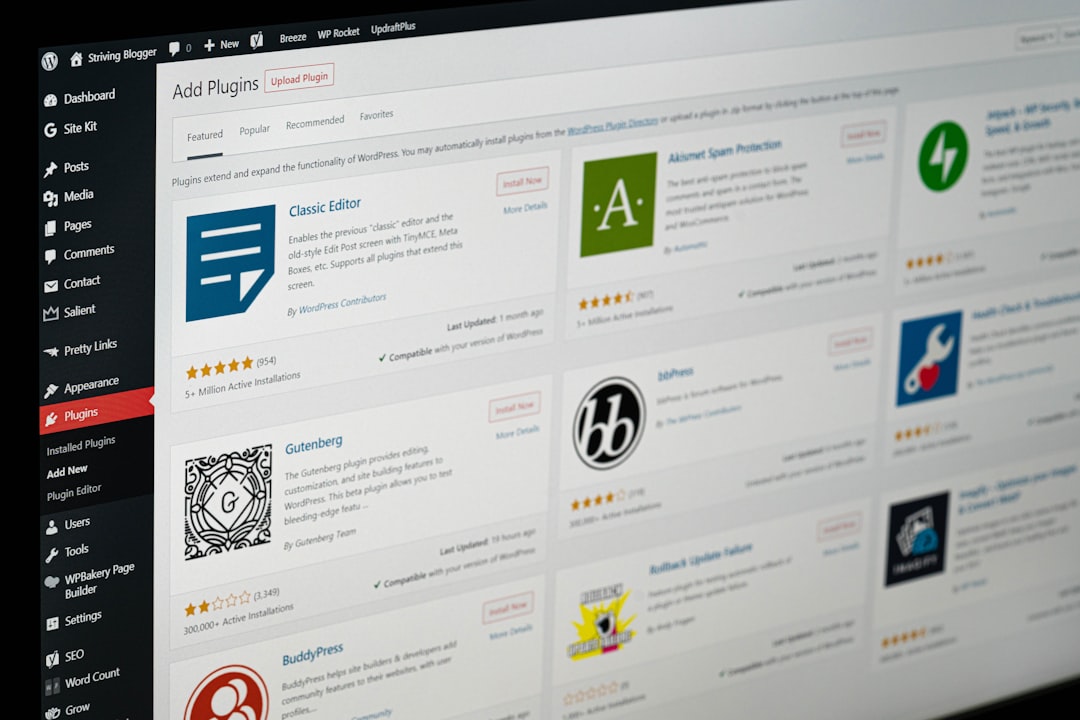
The transformation of the work landscape in the 21st century has been remarkable, with freelancing emerging as a dominant force in the global economy. As we move deeper into an era powered by artificial intelligence, the future of freelancing is being fundamentally reshaped. The integration of AI-assisted tools is no longer a theoretical idea — it’s a present-day reality. Freelancers across industries are adapting to this shift, leveraging machine learning, automation, and advanced computing to elevate their services and redefine what it means to be a solo professional.
The Rise of AI in the Freelancer Economy
Artificial intelligence is permeating all aspects of professional work, from project management to content creation. Freelancers, by their very nature, are adaptable and forward-thinking — traits that make them uniquely positioned to benefit from AI integration. As independent contractors increasingly rely on digital tools to deliver value, AI is enabling them to do more with less and remain competitive in a highly dynamic market.
Some of the key ways AI is used in freelancing today include:
- Automated content creation: Tools like ChatGPT and Jasper simplify writing, marketing copy, and localization tasks.
- AI-powered design: Platforms such as Canva and Adobe Sensei help with image editing, layout suggestions, and brand consistency.
- Voice and video enhancements: Enhancements include AI-based noise removal, transcription services, and even turn-key video creation using tools like Descript and Lumen5.
- Smart analytics: Freelancers use AI to analyze market trends, SEO performance, and client feedback.
These tools not only increase productivity but also allow independent workers to expand their offerings and specialize in niches where AI can be a significant differentiator.
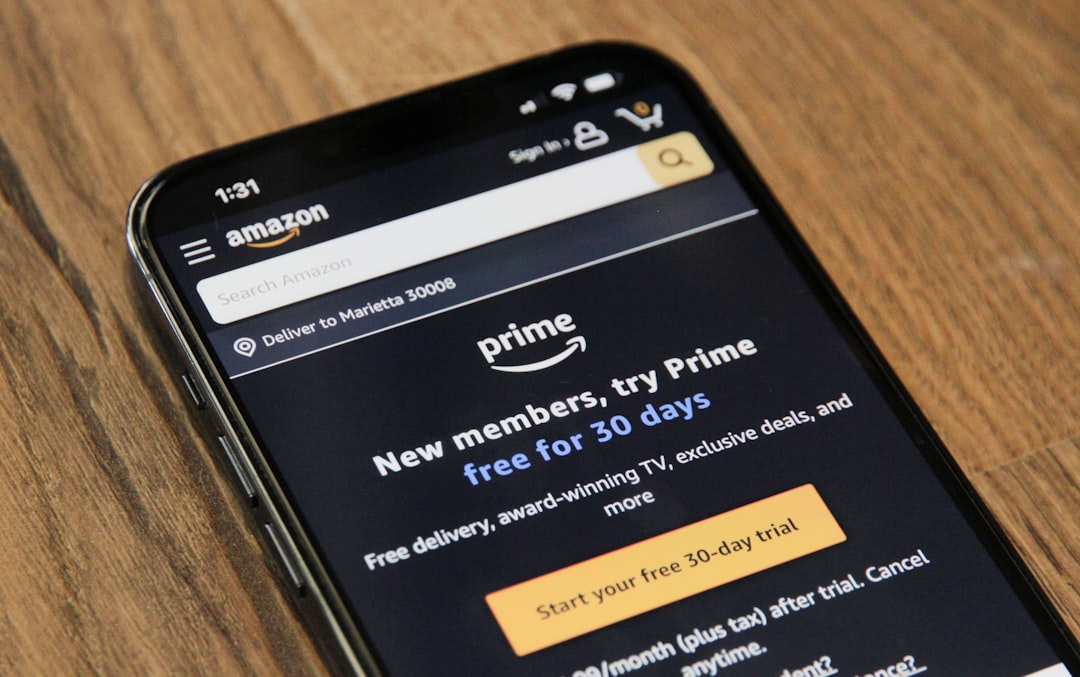
Changing Skillsets and the Need for Adaptation
One truth about the gig economy is its fluidity. Successful freelancers have always needed to stay ahead of market demands. However, with AI becoming embedded in client expectations, there is a pressing need to evolve skillsets accordingly. This doesn’t mean every freelancer must become an AI engineer, but an understanding of how to harness AI tools effectively is rapidly becoming essential.
For example, a freelance writer can now offer faster turnaround times and A/B tested versions of content with the help of AI. Designers who learn how to prompt design tools properly or tweak machine-generated output can significantly increase their earnings per hour.
Some of the emerging skills reshaping the freelance economy include:
- AIP (AI Prompting): Knowing how to phrase queries or tasks to get optimal results from generative AI tools is becoming a core skill.
- AI Ethics and Bias Awareness: Understanding how to maintain transparency, fairness, and originality when using AI-generated content.
- Knowledge in Hybrid Workflows: Integrating AI into manual creative and technical processes without losing the human touch.
- Tool Specialization: Becoming an expert in a particular AI tool for a niche audience, such as video, writing, or digital marketing.
Thus, the freelancer of tomorrow may be seen not only as a creative or technical expert, but as a curator and enhancer of AI-supported workflows.
AI-Powered Marketplaces and Client Expectations
Another evolving frontier is the freelance marketplace itself. Platforms like Fiverr, Upwork, and Toptal are already undergoing significant transformations. AI-based matchmaking between clients and freelancers is making discovery more precise and faster. Algorithms analyze project briefs and freelancer profiles using natural language processing to suggest the best match.
For freelancers, this means two things. First, visibility is more tied to searchable, optimized profiles using the right language around your skills, tools used, and results achieved. Second, the clients themselves are savvier. Many already integrate small-scale AI tools and expect freelancers to blend seamlessly into those systems.
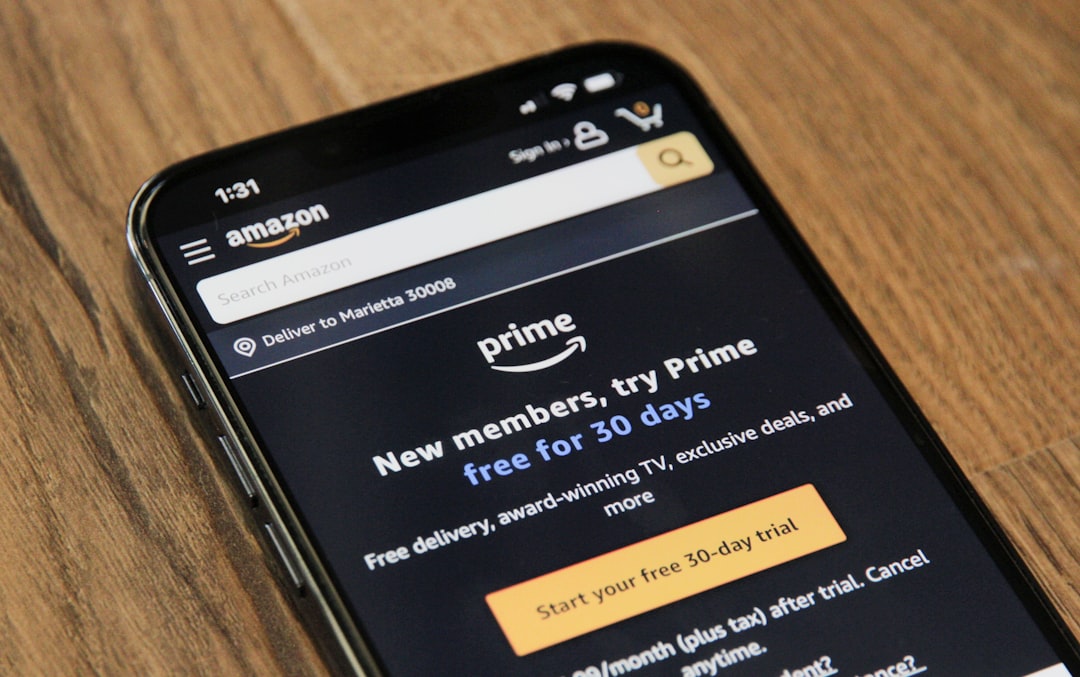
In the near future, freelancers may have to contend with performance-based AI assessments. These systems might analyze the quality and timeliness of previous projects beyond simple reviews and star ratings. While this can be beneficial for top performers, it also heightens the pressure to consistently deliver — mediated by software, not just human judgment.
The Ethical Considerations and Originality Challenge
While the opportunities are immense, ethical considerations cast a long shadow. Freelancers, particularly in creative fields, must strike a balance between speed and authenticity. Copying or modifying AI-generated work without proper attribution or transparency may create legal and integrity issues in the future. Likewise, overreliance on AI can dilute the personal voice or style that many clients seek.
Originality remains a key differentiator. With AI capable of generating good enough content, the role of the freelancer is shifting to that of a critical editor, conscience, and visionary. Proactive freelancers are branding themselves not only as creators but as strategists who use AI as a augmentative tool rather than a replacement. This sets a higher professional standard and enhances client trust.
Income Models and Global Reach
AI is also poised to democratize access to global freelance opportunities. With language models providing real-time translation and script optimization, freelancers can now comfortably target international clients. Moreover, AI-based accounting, tax preparation, and productivity tracking software empower solopreneurs to step into roles that rival small agencies.
As a result, the traditional per-hour model is slowly being replaced by alternative structures:
- Performance-based pricing: Projects where payment is tied to KPIs such as conversion rates, lead generation, or traffic.
- Subscription retainers: Ongoing work where freelancers offer packaged AI-assisted services on a monthly basis, often backed by regular reporting and optimization.
- AI tool implementation support: A growing niche where freelancers train clients on how to use AI tools for productivity.
This expanding toolbox and shift in value perception allows skilled freelancers to command higher rates and deliver outcomes more strategically than ever before.
Challenges to Be Aware of
Despite the advantages, AI integration into freelancing is not without challenges. Here are some of the primary concerns that need ongoing attention:
- Data Privacy: With freelancers handling sensitive client data, the use of third-party AI tools introduces new regulatory risks.
- Job Redundancy: As AI gets more competent, simple gig tasks (like basic transcription or formatting) may become fully automated, reducing the need for human freelancers in those niches.
- Tool Costs: While many AI services have free tiers, true productivity often depends on paid plans and subscriptions, which can add up for solo workers.
Knowing these risks is essential for freelancers to position themselves on higher ground and specialize in services where the human factor remains valuable and irreplaceable.
The Long-Term Vision: Collaboration over Competition
Looking ahead, the most resilient freelancers will be those who view AI not as a threat but as a collaborator. The ability to orchestrate and refine AI outputs, to layer insights, style, and empathy on top of automated processes — these are the hallmarks of the freelance elite of the future.
In fact, many freelancers might form AI-assisted micro-agencies, offering end-to-end services without hiring large teams. A single marketing freelancer can now handle data analysis, ad creation, content scheduling, and performance monitoring, thanks to AI driven toolkits.
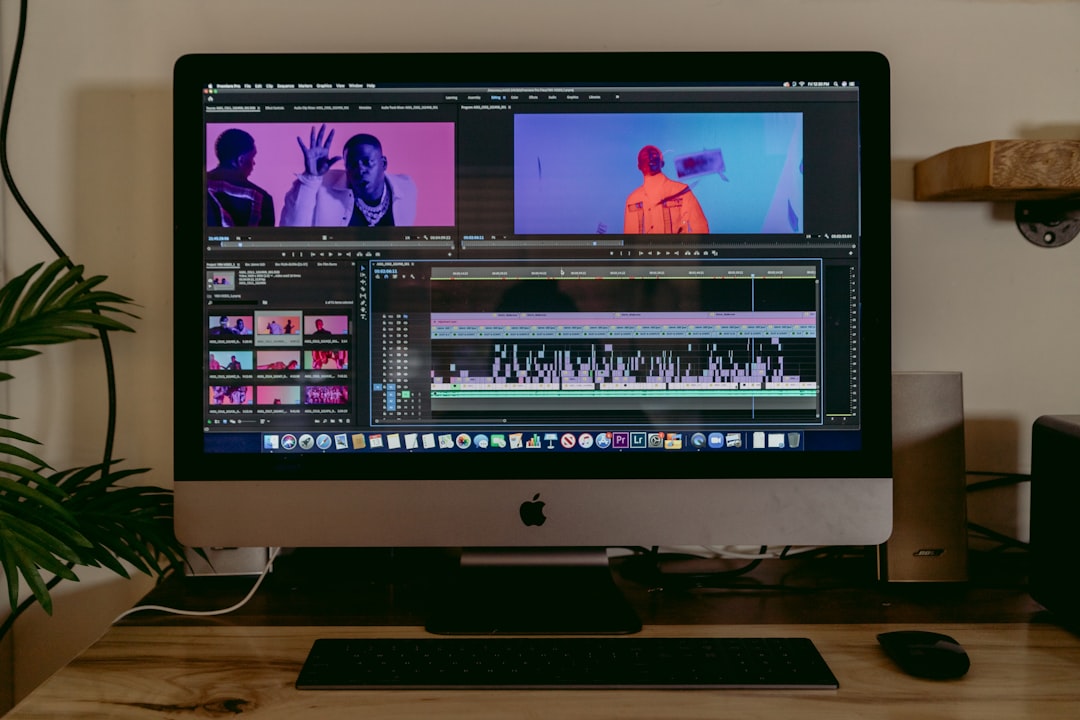
What lies ahead is a new paradigm — one where the value of creativity, empathy, experience, and strategic thinking will only rise. The future belongs to those who are not just skilled, but versatile and ethical in their use of technology.
Conclusion
The freelance world is changing more rapidly than ever, driven by advances in artificial intelligence. While it presents undeniable challenges, it also opens doors to innovation, efficiency, and new income possibilities. Freelancers who stay informed, invest in upskilling, and maintain their unique human touch will not only survive this transition but thrive in unprecedented ways.
In essence, the future of freelancing is not human versus machine, but human with machine. Success will hinge on adaptation, creativity, and a willingness to evolve — traits that are already deeply ingrained in the freelance DNA.

